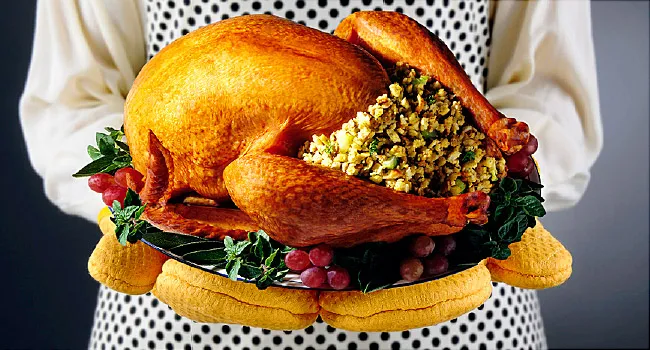Dear Diabetes,
Is that what they call you? My intimate stranger who invades every bit of me. They should call you out, put you on the FBI’s Most Wanted list and turn you into D Dust …
No one really knows you. Is that why you’ve attacked so many? Invaded enough of us so we’ll give you a name? You’re famous now. There have been thousands of studies, trials, journal article after journal article and investigators everywhere. You’re even on TV! But where is Detective Columbo asking the subtle questions to take you down? Where is Holmes, as your White-Walker Baskerville Hounds bay in the pancreatic moors?
The hundreds of millions you’ve taken hostage, as you took my family and I. The hundreds millions more you’re lurking within, that you haven’t taken yet, waiting for you to scrutinize their lives. How dare you?
I’ve called you “The Riddler,” because you are. At 17, my smarty pants internist told me I was hypo – as in glycemic. “Glucose too low,” he said after a gross glucose tolerance test – “It’s telling me you’ll have diabetes when you grow older.”
You were already inside my dad, hurting him. He took these little white pills to keep you at bay, along with other pills for the angina you caused. But that was my dad, not me, and I didn’t connect you to his heart – not yet. Didn’t connect it to me, the way I thought about most things at that live-forever age. I was too smart to get diabetes.
However, Mr. Smarty Pants was right. I got the call about you at work, decades later. My doctor calls and says, “Your fasting sugar this morning was 400. Eat something.” My blood test wasn’t supposed to show that; I thought maybe 85 or 90, or in the 70s like when I was 17. Thunderbolt. It felt like I’d been shot, unprotected by my fancy desk, in my cushy office with my big stupid job and my expensive Brooks Brothers tie. Frozen. I called my wife, who said, “Don’t worry. We’ll figure this out.”
Quickly, I turned to Google. What can I eat? “Low carbs,” the Internet said, and “just meat” and “go vegan.” Some chirped, “Cinnamon!” I began to Google more. Heart disease. What? Amputations! Phantasmagoric. I still played tennis, I was athletic, but suddenly you, a stranger, lurked inside me. Someone please pull your puppet strings and waft away like a frayed kite to the dark galaxy you came from.
I felt fine, but knew I wasn’t. At the follow-up, the doctor said I had high cholesterol and HBP. Three new things to worry about. Stay tuned, more to come. And more did come.
My wife’s obstetrician told her she had you, gestational diabetes, a new name for you. He warned her that the real you, type 2 diabetes, could follow. And you did a few years later, moving quietly into her body, as you did in mine. Both of us now on Metformin, both of us wondering more about the future. Both of us thinking about you every day.
Then you took a liking to our firstborn. You struck early with type 2 when she was 19. Now all of us were popping Metformin, fighting you, hating you, dragging you around all day—an invisible ball and chain. I never imagined my firstborn being hauled into an ambulance with KTA, languishing in the ICU with sacks of IV fluids drip, drip, dripping into her veins.
But I‘m where I belong now, my intimate stranger. Fighting you with my colleagues at the American Diabetes Association, where I was meant to be. There’s science everywhere—journals piling up on my desk, each one brilliantly attacking a piece of you, no matter where you hide. We are determined to strike at you, to find out who you really are, to discover why you’re here, and to put arrows into your heart to finish you off. One scientist told me you were evolutionary, and that nothing can eliminate or remove you from our bodies. Another says with a smile, “That’s so wrong; you’re not really part of us.” We’ll find you, turn off your switches, pull the plug on you, eject you from our bodies, forever.
DONE.
Michael Eisenstein
SVP, Products, American Diabetes Association
From: American Diabetes Association http://diabetesstopshere.org/2017/11/24/deardiabetes-michael-eisenstein/


